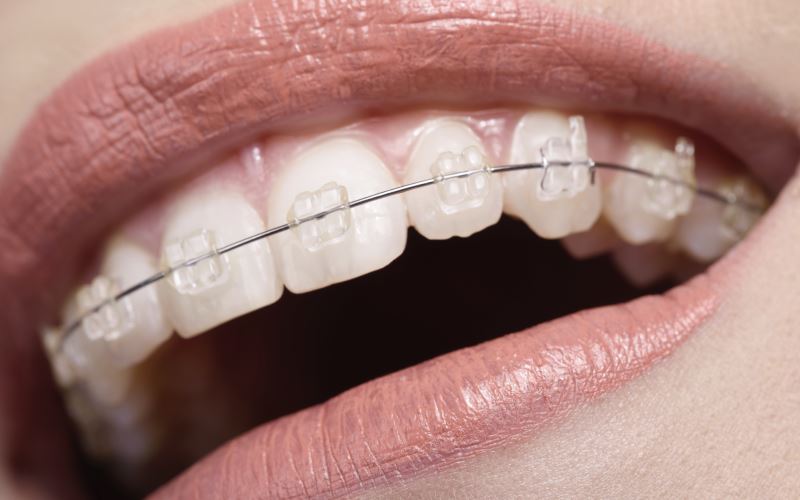Having braces does require a few changes. There are many foods which need to be avoided during orthodontic treatment. You may also have to change the way you brush or look after your teeth. But if you are a sportsperson, there are also some precautions that you should take to minimise the chances of damaging your braces and more importantly protecting your teeth, lips and cheeks.
Read our tips below but also ask your orthodontist what is best for you.
Wear a Mouth Guard
Many contact sports would require all players to wear a mouth guard, whether you have braces or not. This is to protect the teeth from being broken or chipped in case there is any contact. If you have braces however, due the presence of the braces and metal wires, the lips and cheek may also get hurt during a collision. A mouth guard while wearing braces provides a soft surface for the lips and cheek if they are pushed against the braces or teeth.
Mouth guards also protect the braces. This prevents the braces from getting damaged or dislodged. Protecting your braces means less visits to the orthodontist and quicker treatment.
The mouth guard needs to be fitted correctly when you have braces. Your mouth guard should be comfortable, fit you well and not move much once in place. A custom-made mouth guard can be made by a dentist which fits perfectly over your teeth and braces. However, this is unlikely to fit after a few weeks as the teeth continue to move during orthodontic treatment. Therefore, it is probably best to have a boil-and-bite mouth guard which can be moulded and remoulded as the teeth continue to move. Please note that after remoulding several times, the mouth guard may become brittle or weak and it is important to get a new one.
The boil and bite mouthguard may need to be a size bigger than usual to accommodate the extra size of the braces on the teeth. Some brands sell specific boil-and-bite mouth guards, especially for people with braces.
It is important to keep your mouth guard clean and stored somewhere dry when you’re not wearing it. They can be washed in water and even brushed gently with a toothbrush and toothpaste. Every mouth guard is different, so ask your orthodontist for specific instructions for your type of mouth guard. Once you’ve cleaned it, make sure the mouth guard is completely dry before you put it away to prevent bacteria from growing. Keep it in a clean case so that you don’t lose it. If your mouth guard becomes damaged make sure to replace it.
Contact us to find out more about braces and mouth guards.




